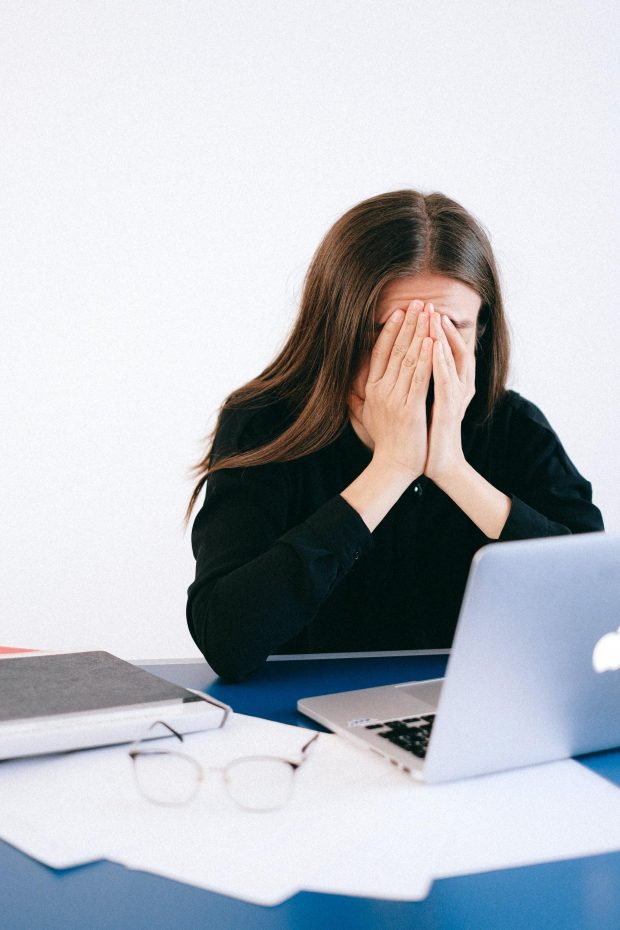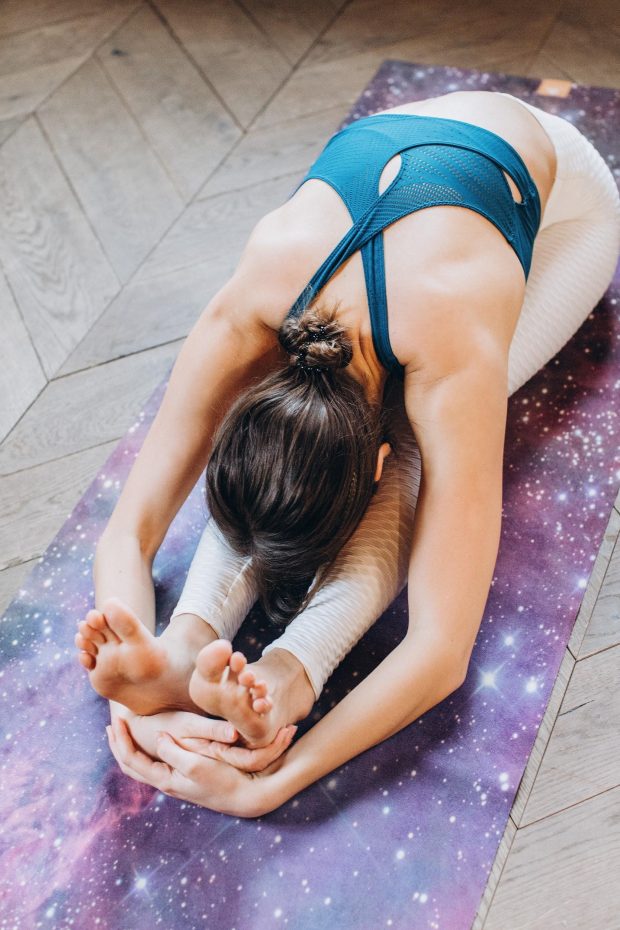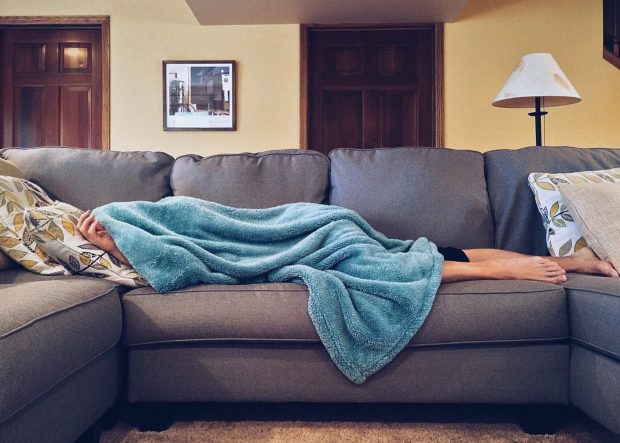Almost everyone experiences some form of anxiety at one point in their life. This may happen in situations like taking a test or giving a presentation in front of a large crowd during which people might feel a certain amount of uneasiness or uncertainty. In these cases, anxiety is considered normal because it keeps people aware of the circumstances and motivates them to be prepared.
However, for many people anxiety may occur more frequently. This often interferes with their normal daily activities and affects their personal lives, home and work. In extreme cases, it may even cause serious consequences causing people to stop doing things they normally enjoy.
Although dealing with anxiety attacks can be overwhelming, it is still manageable. Because many people experience them in different ways, it is very important to find the right relief method to help them deal with the symptoms accordingly.
In order to make things easier for you, here are six natural ways you can employ to manage anxiety attacks.

Photo by Anna Shvets from Pexels
Use CBD oil
While some people opt for conventional therapies and medications, others take a more natural approach like using CBD oil for anxiety. Although research about it is still ongoing, the evidence so far suggests that CBD offers many potential benefits.
When you find yourself in a stressful situation, you usually experience restlessness, increased breathing and heart rate. Such symptoms can be alleviated with CBD oil because it binds with the receptors in your nervous system. This part of your organism is the most affected when you are going through an anxiety episode.
Although CBD comes in many forms, CBD tinctures are the most commonly used. They are administered by applying a few drops under the tongue. Through the blood vessels underneath it reaches the receptors faster and causes some much-needed relief.
Eat healthily
Opting for a well-balanced diet doesn’t only help you stay fit and healthy, but it can also lower the severity of your symptoms. Because this medical condition is often associated with poor brain health, there are certain foods with brain-boosting properties that have proven beneficial in reducing anxiety.
For example, salmon is one type of food that is considered helpful in alleviating the symptoms. It contains omega-3 fatty acids and vitamin D which promote brain health and regulate the levels of dopamine and serotonin.
Dark chocolate can also help ease anxiety. It is rich in flavonoids that improve the blood flow in the brain by promoting its ability to adapt to stressful situations. While doing so, such antioxidants may also reduce inflammation and cell death in the brain.

Photo by Malidate Van from Pexels
Exercise regularly
By engaging in physical exercises, your brain releases feel-good endorphins that enhance your wellbeing. This way you will be able to take your mind off of things that make you anxious and release the negative thoughts and energy you may be feeling.
With so many activities to do, the key is to find the one you will enjoy the most. This is important because you need to be able to follow through if you want to achieve the best results in reducing your anxiety symptoms. Remember to set reasonable goals and plan your exercises according to your needs and abilities.
One way to start is to exercise five times a week for 30 minutes. Each day you can do something different like walking, running, dancing or swimming.
Take a time out
Because increased breathing is one of the main symptoms of this mental condition, it is important that you look for relaxing techniques. While intensive workout sessions can offer relief, other more calming activities can also give the results you are looking for.
Yoga, for example, is a mind-body practice that brings many health benefits, with stress reduction being the most common one. Its main focus is to learn how to control your breathing. So, if you are sensing that an anxiety attack is coming on, you should take deep breaths to bring the breathing under control.
Some people use the 4-7-8 breathing method. This involves breathing in for 4 seconds, holding the breath for 7 seconds and then exhaling slowly for 8 seconds.

Photo by Elly Fairytale from Pexels
Get enough sleep
People who suffer from anxiety attacks often have trouble falling asleep at night. This can affect their mood and lead to severe issues like insomnia. That’s why it is important to have a good night’s sleep to feel well-rested and more energized the next day.
There are many good sleeping techniques you can employ to help you alleviate your anxiety symptoms. For example, you should develop a regular sleep schedule by going to bed and waking up at the same time every day to prevent irritability throughout the day.
Also, avoid drinking coffee or soft drinks because they have high amounts of caffeine. In fact, people who suffer from anxiety should avoid caffeine entirely because it can contribute to increased stress levels.
The 5-4-3-2-1 method
When people are having an anxiety attack, they usually feel detached from reality. This happens because the intensity of the attack can overtake the senses. One way to control this is to practice the 5-4-3-2-1 method to help direct the focus away from whatever it’s causing stress.
Before starting this exercise, it is important to pay attention to your breathing and try to control it. Once you have done this, follow these next steps:
-
- Look and think about five objects
- Listen and distinguish between four different sounds
- Touch three items
- Identify two smells
- Taste one thing
This grounding technique can help you take your mind off of the things that are making you anxious while interrupting any unhealthy thought patterns you may have during your anxiety attack.

Final thoughts
Anxiety is a common mental condition that affects many people in different ways. While sometimes it can be a good thing by helping you stay alert and focused, other times it can be very stressful and may interfere with your daily life. The most important thing is to figure out what it is that is triggering your anxiety. Once you identify the source, you must find the right technique to help you cope with the stress and reduce the symptoms. If you aren’t sure where to look, refer back to this guide and choose the method that best suits your needs.
Read More:

